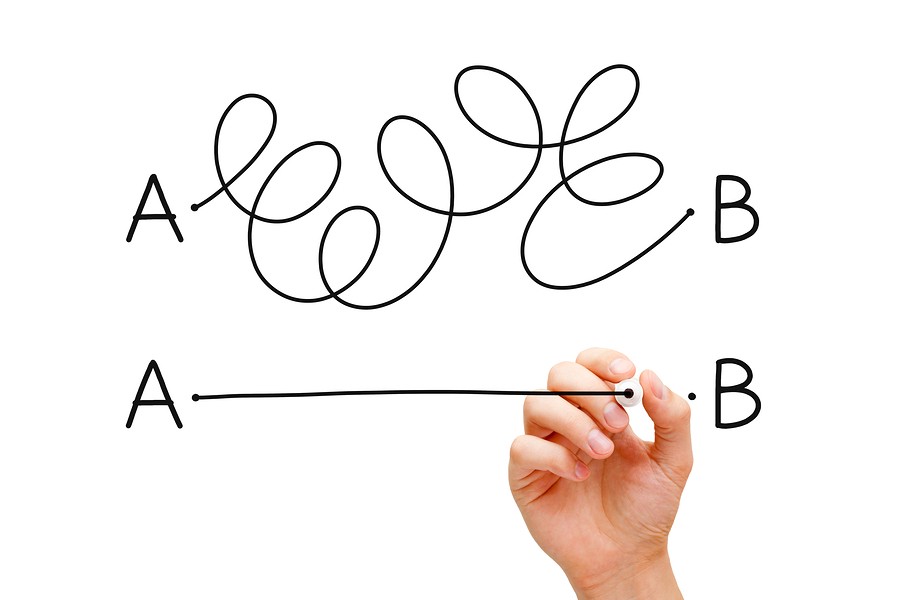In theory, communication is easy. I say something and you understand it (in the way that I intended for you to understand it).
In reality of course, there is a long list of reasons why this process often breaks down.
An example … from a language point of view, does this email seem ok to you?
Dear Jean-Pierre,
I’m aware that you probably have pretty limited bandwidth at the moment but I’d appreciate it if you could reach out to Peter in Miami concerning the upcoming exhibition.
By EOD Wednesday, it’s vital that we can gauge your team’s input on whether or not we should take part. I’ve already liaised with Rick and he’s of the opinion that it’s worth a shot.
Hoping you can move the needle on this ASAP.
Thanks,
Paul
Based on my long experience in this field, I’m confident saying that this email will be difficult for ‘Jean-Pierre’ to understand if English is not his first language.
It contains idiomatic language, complicated grammar, unnecessary words, overly-polite language, phrasal verbs and abbreviations.
Something like this would be much more effective:
Dear Jean-Pierre,
I know you’re busy but can you please contact Peter in Miami about possible participation in the exhibition next month.
Please let me know what your team thinks by the end of Wednesday. Rick thinks it’s a good idea.
Thanks,
Paul
This is not dumbing down or patronizing. This is adapting your language to the audience. And it’s also very difficult to do well.
Simplicity is the ultimate sophistication
Leonardo da Vinci
English is undeniably the global language of business, science, the internet … but if native-English speakers require their international colleagues and customers to speak English, the least they can do is to learn how to communicate in a way which is most likely to be understood.
Unfortunately this is not happening. 88% of ESL speakers say that communicating with native-English speakers is MORE difficult than communicating with other non-native speakers. It seems we British, Americans and Australians speak too quickly, use complicated grammar and unfamiliar expressions.
Simple, precise, clear … s’il vous plait.
“I notice that you use plain, simple language, short words and brief sentences. That is the way to write English – it is the modern way and the best way. Stick to it; don’t let fluff and flowers and verbosity creep in.”
Mark Twain


